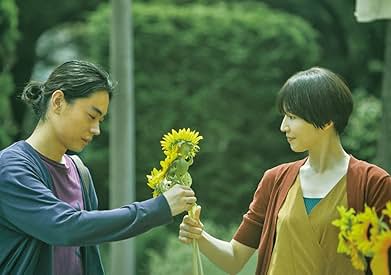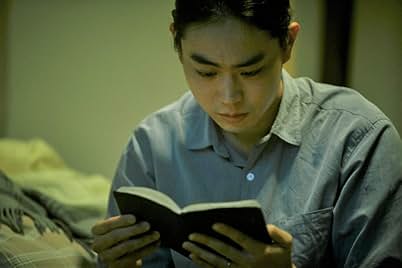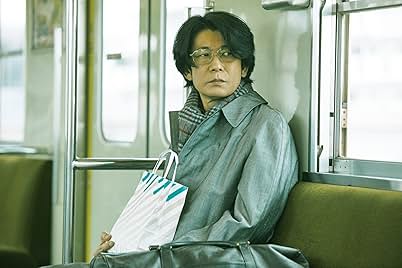
A Hundred Flowers isn’t just another film about memory loss—it’s a lyrical exploration of forgiveness, identity, and the fragile threads binding mothers and sons. Directed by acclaimed producer-turned-filmmaker Genki Kawamura (Your Name, Weathering With You) and adapted from his own novel, this Japanese dementia drama delivers an emotional gut-punch through stunning visuals and powerhouse performances. If you seek cinema that marries delicate humanism with artistic ambition, A Hundred Flowers belongs on your Netflix watchlist.
Why This Film Matters Now

With dementia affecting millions globally, films like A Hundred Flowers transform statistics into intimate, urgent stories. Kawamura’s debut won the Best Director Silver Shell at San Sebastián , signaling its resonance beyond Japan. Mieko Harada’s performance as Yuriko—a retired piano teacher slipping into Alzheimer’s—draws from her real-life documentary about her mother’s battle with the disease , adding layers of authenticity to this mother-son relationship film.
The Premise (Spoiler-Free)
A Hundred Flowers follows Izumi (Masaki Suda), a man haunted by childhood abandonment, as he grapples with his mother Yuriko’s (Harada) cognitive decline. When Yuriko’s dementia worsens, Izumi and his pregnant wife Kaori (Masami Nagasawa) confront buried traumas while racing against time to reconcile. The film masterfully intertwines past and present, asking: Can we forgive when memories fade?
Act 1 Setup: Where Resentment Meets Reality

- Characters & Motivations:
- Yuriko: Once vibrant, now forgets groceries and wanders streets. Her yellow wardrobe mirrors wilting flowers—a visual motif symbolizing fading vitality .
- Izumi: Stoic yet seething, he avoids emotional labor until Kaori urges him to help Yuriko transition to a nursing home.
- Central Conflict: Izumi’s bitterness over Yuriko’s year-long absence during his childhood collides with her present vulnerability. Can he care for someone who “forgets” her own regrets?
(To avoid spoilers, we stop here—but the journey only deepens.)
The Review: Where A Hundred Flowers Shines (and Stumbles)

Performances & Direction
Harada and Suda deliver career-defining work. Harada embodies confusion with heartbreaking subtlety—repeating supermarket rituals or climbing endless stairs, visualizing dementia’s disorientation . Suda’s transformation from cold detachment to reluctant tenderness is seismic. Kawamura’s direction excels in these quiet moments, though some metaphors (like “half-fireworks”) feel overplayed .
🎨 Cinematography & Symbolism
DP Keisuke Imamura uses tracking shots and claustrophobic close-ups to immerse viewers in Yuriko’s fractured reality . Recurring imagery—a lone flower, staircases, animal crackers—echo memory’s fragility. While poetic, these symbols occasionally verge on heavy-handedness .
💔 Themes & Emotional Impact
The film asks if identity exists beyond memory. Scenes where Yuriko forgets trauma Izumi clings to force a devastating question: Is oblivion a curse or mercy? Kawamura avoids melodrama, opting for understated grace—making Izumi’s eventual empathy shattering .
The Verdict: Who Should Watch?
*Rating: 4.5/5*
- Perfect for: Fans of The Father or Still Alice; lovers of Japanese cinema; anyone processing familial forgiveness.
- Skip if: You prefer fast-paced plots—this is a deliberate, emotional slow burn.
Final Thought
A Hundred Flowers doesn’t just depict memory loss—it makes you feel its weight. As one viewer wept: “The ending left me jaw-dropped… Truly a beautiful film” . Have you seen it? Share your thoughts below!